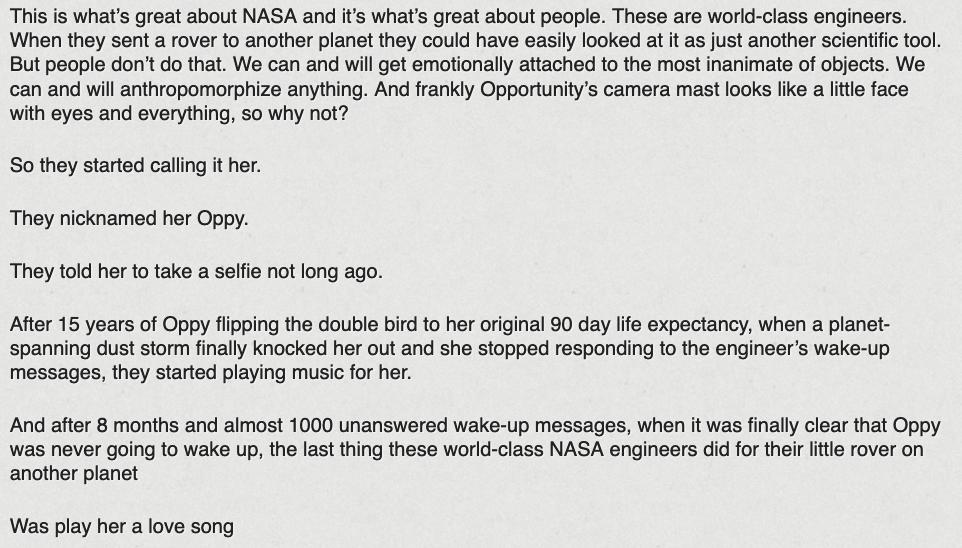Another day, another great podcast! This time, a TED Interview of David Deutsch by Chris Anderson (here’s the transcript, if you’re a reader rather than a listener).
I can’t pretend I understand everything he says by any means. I suspect he’s lost more brain cells throughout his life than I could ever aspire to grow in my own tiny skull-sized kingdom. But there are a couple of sections that I found particularly interesting.
The first is the difference between humans and, say, monkeys when it comes to imitation. Whereas an animal with the intelligence of, say, a monkey will imitate a human that unlocks a safe, it will copy the behaviour exactly. So if a man opens the safe with his toes, the monkey won’t think to attempt to open the safe with his fingers, for example.
The second is a point that I’ve heard a few times before but this time stuck in my head. The history of human civilisation shows that a couple of times previously humanity appeared to reach a tipping point of educated curiosity – in the sense that knowledge continued to survive for more than a couple of generation – before it somehow all collapsed.
In other words, it’s important not to forget that all collective knowledge has a certain fragility to it. Think of how advanced Ancient Athens was for example. Or the Roman Empire which, following its collapse resulted in the democratic, economic and cultural deterioration in Western Europe more popularly known as The Dark Ages.
Perhaps we’ve somehow passed that tipping point today? But it’s also very possible that we haven’t. A somewhat sobering thought…
There’s also a great piece on the podcast on The Fermi Paradox (or the Fermi Problem as Deutsch calls it as he says he can see no paradox there), one of my favourite puzzles. In other words, if there is indeed other forms of intelligent life out there in the universe, then where are they all? Because there is almost a zero chance of any civilisation having been created at exactly the same time as ours so, in intergalactic terms, the fact that one civilisation would be so far advanced (taking into account the exponential development that will likely take place with the accumulation of knowledge and technology) that, if they wanted to settle the whole galaxy, it would have been done already in the blink of an eye (in the timescale of the universe). So they must be millions of years ahead of us. But if that’s the case, where are they?
One explanation of course is that we’re the first civilisation to reach this state of advancement in the universe. Again, not entirely comforting when you think about what the chances are of the first one actually making it through further time to thrive successfully. Plus we reject this kind of explanation as it’s, well, kind of boring.
I’ll park that topic there as I’ve been meaning to write a proper post on it for a while. Plus I’ve also just bought a book to dig into the many different theories on the topic (‘If The Universe Is Teeming With Aliens, Where Is Everybody? Fifty Solutions to Fermi’s Paradox and the Problem of Extraterrestrial Life’ by Stephen Webb).
But in summary: it’s our job to consistently seek to gain knowledge. If things go wrong, it’s down to the fact that we simply haven’t understood what’s going on – and therefore it’s incumbent on us to ensure that we work out why.




